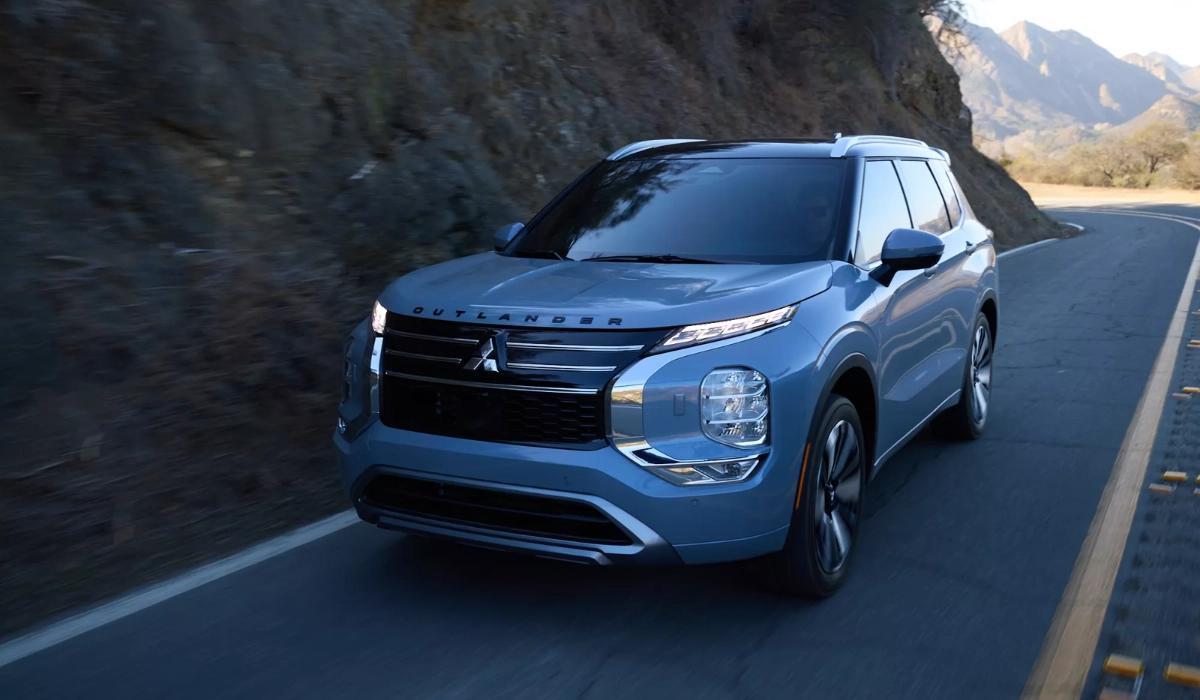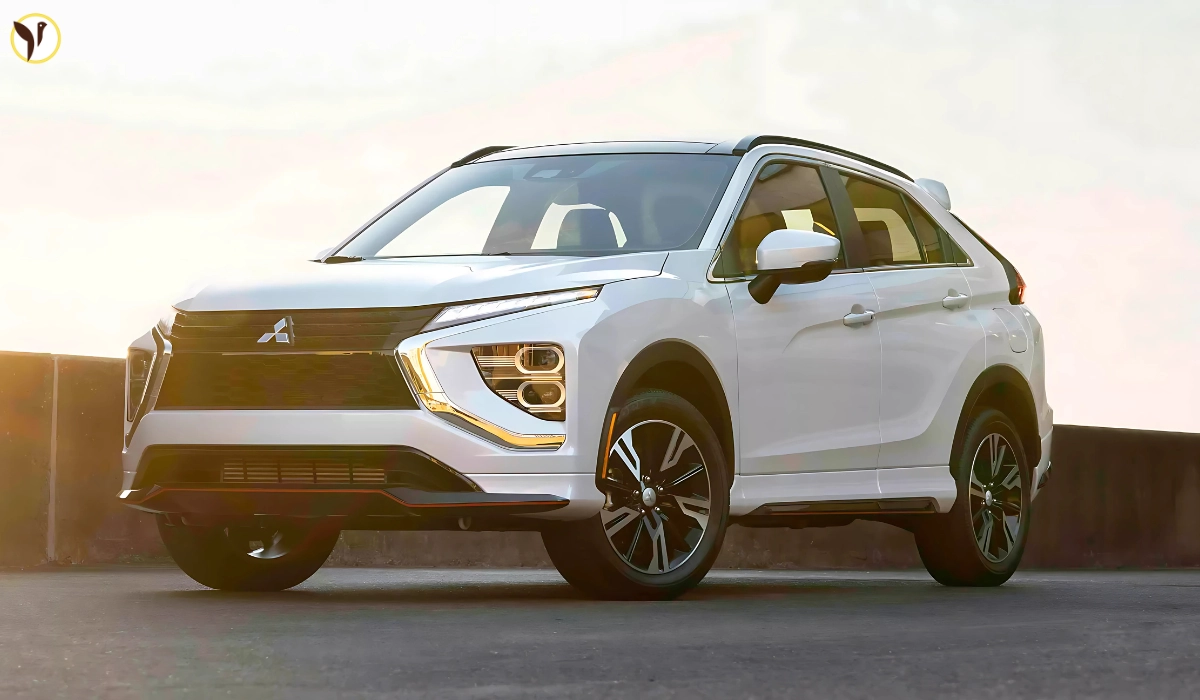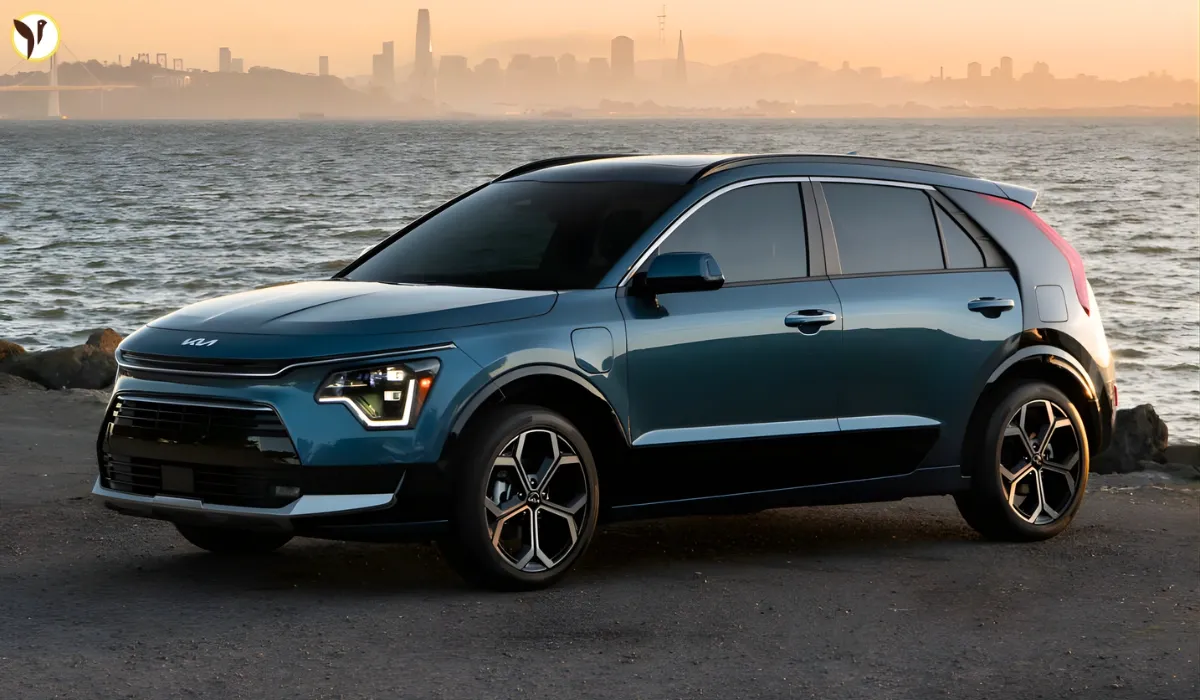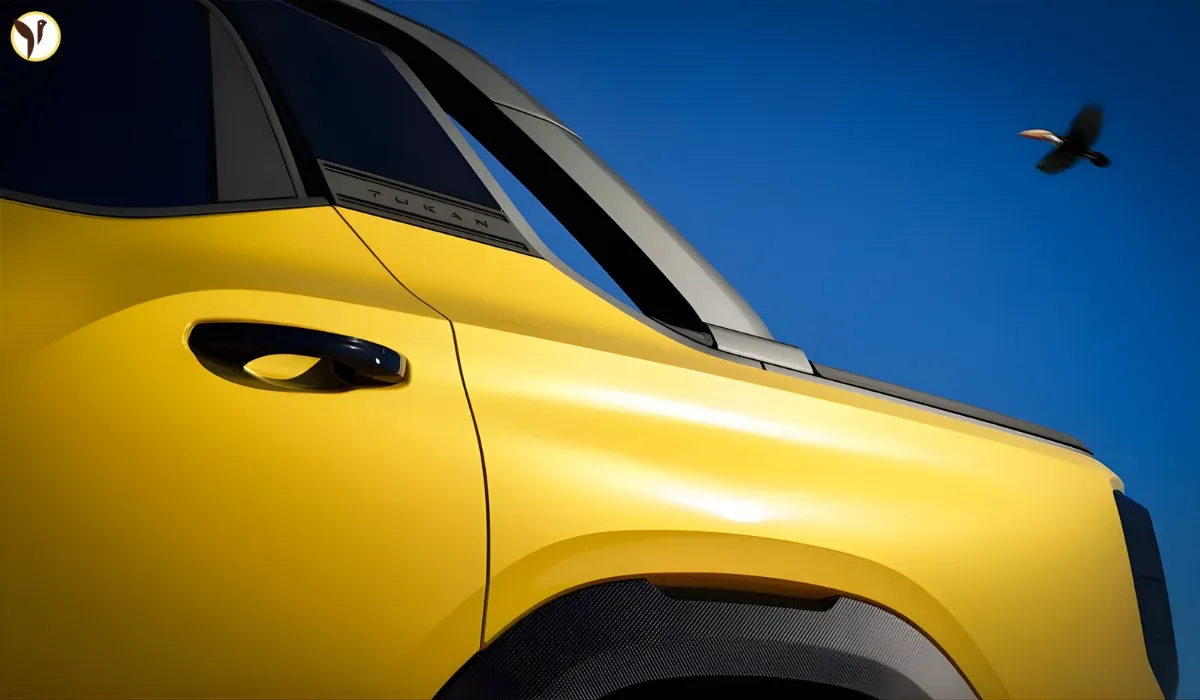Mitsubishi has raised prices on its SUVs, including the Outlander and Eclipse Cross, by an average of 2.1%, which means about $550–$625. That's because there's been the re-institution of a 25% U.S. import tariff on foreign-made vehicles. Let's talk about the motivation for this increase—and how it's relevant to you.
What Triggered the Price Spike
Mitsubishi’s increase is not by chance—it represents real additional costs:
- 25% tariff implemented in April on the imported vehicles (this includes Japanese-made SUVs)
- Shipping paused, then resumed with new prices covering import costs
- This is also only on the new deliveries and dealer stock still has original pricing
- Mitsubishi is spinning it as the normal pricing structure revisions
This is not upselling you- it is a direct pass-through of higher import costs.
Other Brands Are Feeling It Too
Mitsubishi isn't alone in feeling tariff pressure:
- Several Japanese manufacturers paused shipments as a result of increased costs,
- Ford, Subaru, and others raised their package prices hundreds or even thousands of dollars,
- Despite this, Mitsubishi's U.S sales grew by 11% in Q1 and continued their recovery momentum,
Price increases are an industry response and we shouldn't view them in the context of one brand.

How Much More Are You Paying?
Here’s a snapshot of the most affected models
| Feature | Estimated Details |
| Length | Approx. 11–12 ft (3.4 m), matching original compact vibe |
| Weight | Plunged under 2,000 lb thanks to EV tech and compact design |
| Platform | “SEA” EV platform (shared with #3 and #5 SUVs) |
| Powertrain | Single rear motor, around 200–300 hp—balanced fun |
| 0–60 mph | Likely in the 5-second range |
| Drive Layout | Rear-wheel-drive, likely mid-motor for balance |
| Production Plan | Low-volume, niche sports model—built on proven EV parts |
Smart Shopping Tips
Here's how to prevent the additional cost
- Buy in-stock units - that is, those that did not see the cost increase.
- Negotiate with the dealer - mostly on discontinued trims.
- Look for U.S. made options - these tariffs do not apply.
- Keep tabs on any changes in policy - you may one day have tariff relief.
By following a few simple ways you can circumvent the added expense.
Source(Image / Thumbnail): carscoops









